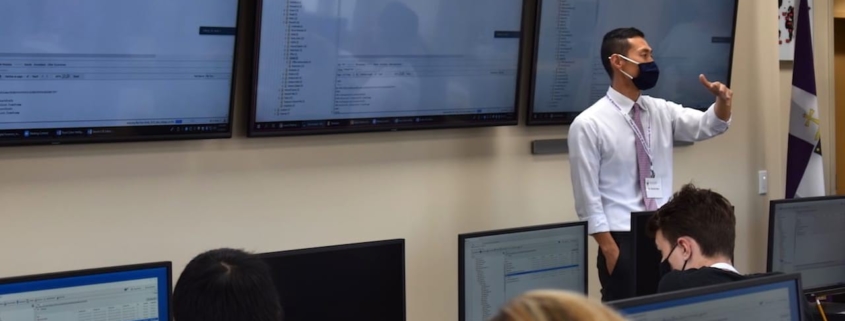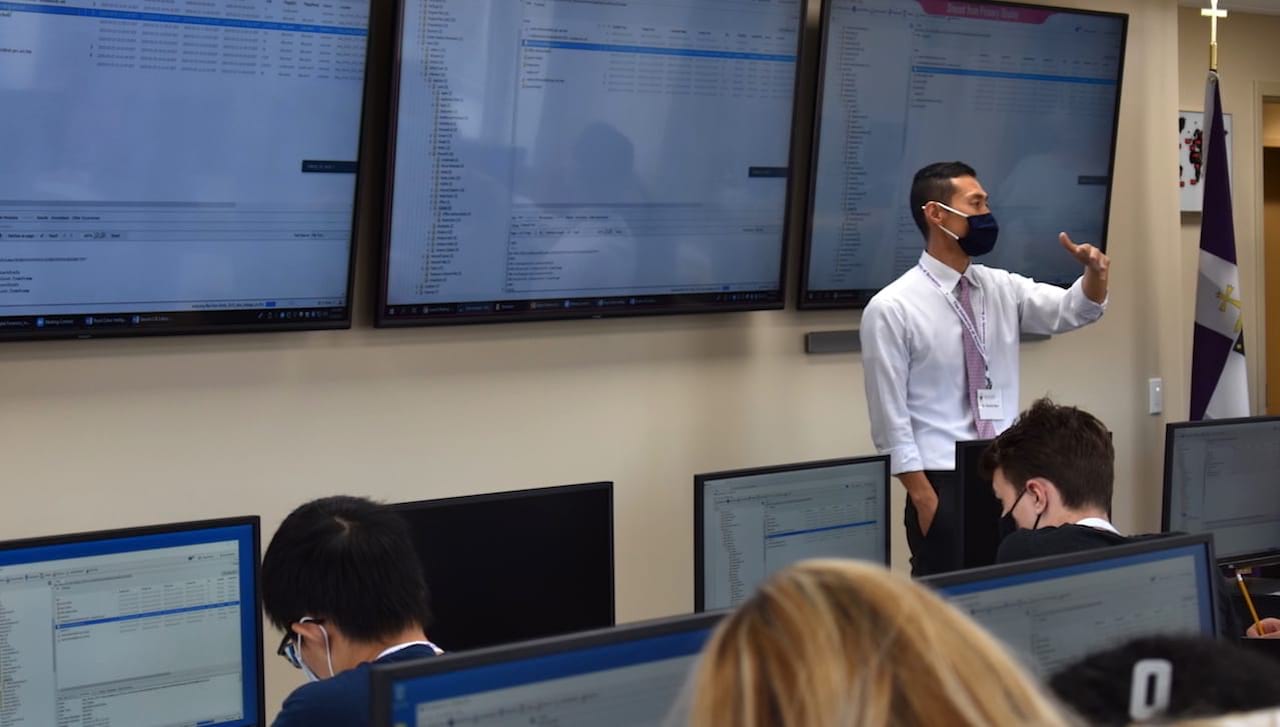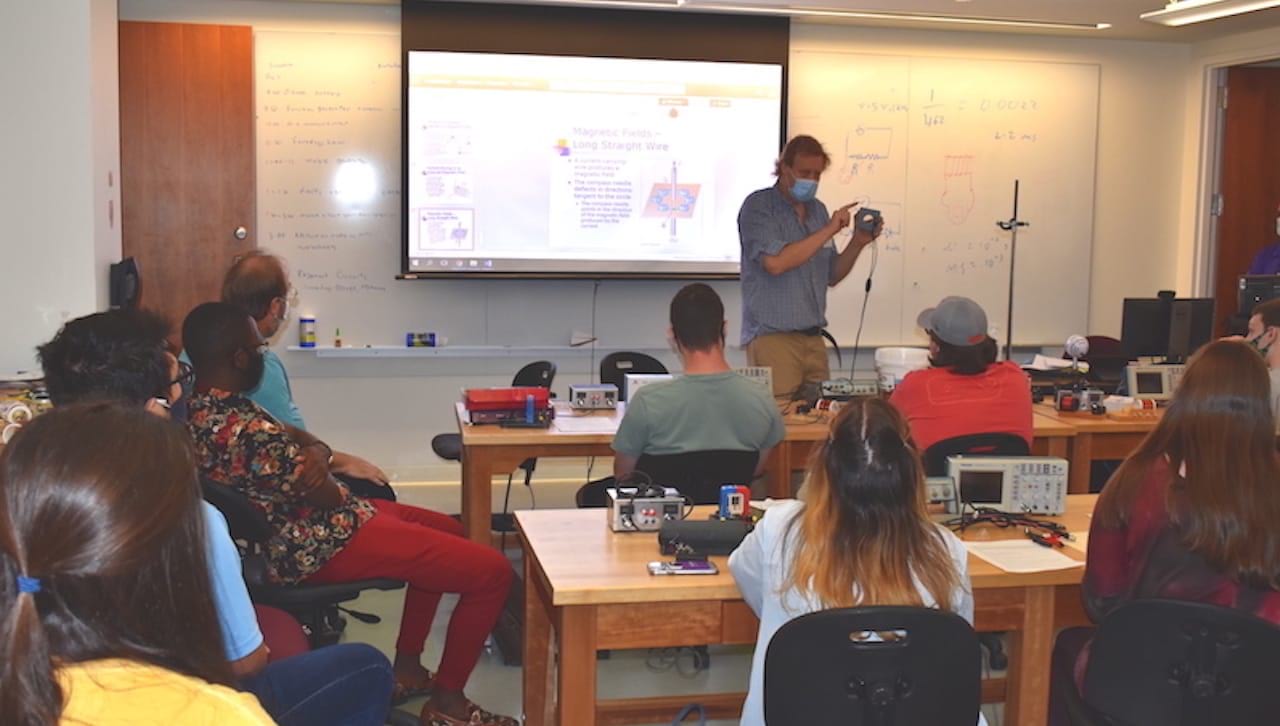Indian Business Leaders Say Hybrid Cloud is Critical to Modernization, Yet Security, Skills and Compliance Concerns Impede Success
New market research from IBM revealed that in India 85% of respondents have adopted a hybrid cloud approach which can help drive digital transformation, yet the majority of responding organizations are struggling with the complexity to make all their cloud environments work together. As organizations face skills gaps, security challenges, and compliance obstacles, only 30% of Indian respondents manage their hybrid cloud environments holistically – which can create blind spots and put data at risk.
The IBM Transformation Index: State of Cloud commissioned by IBM and conducted by independent research firm, The Harris Poll, was created to help organizations map their cloud transformation and empower them to self-classify their progress. Built on a foundation that leverages insights from experienced cloud professionals, enterprises can use the Index to gain measurable metrics that can help quantify their progress and uncover areas of opportunity and growth. The Index consisted of more than 3,000 business and technology decision-makers from 12 countries and across 15 industries including financial services, manufacturing, government, telecommunications and healthcare, to understand where organizations are advancing, or merely emerging, on their transformation journeys.
The Index points to a strong correlation between hybrid cloud adoption and progress in digital transformation. In fact, 76% of those surveyed think it’s difficult to realize the full potential of a digital transformation without having a solid hybrid cloud strategy in place. At the same time, only 39% of Indian respondents said that they have proven the benefits of the cloud and are now focused on using it more fully. So, why the disconnect? A sample of findings include:
- Compliance: Businesses believe ensuring compliance in the cloud is currently too difficult– especially as we see enforcement of regulatory and compliance requirements heat up across the globe.
- Security: While businesses have embraced a variety of security techniques to secure workloads in the cloud, concerns about security still remain.
- Skills: As organizations face the realities of a talent shortage, they are failing to implement a holistic…





 Nineteen high school students received hands-on training in investigating and thwarting cybercrimes from experts in the much-in-demand field of cyber security at The University of Scranton’s first Cybercrime Investigation Summer Camp. Run by faculty of the Department of Sociology, Criminal Justice and Criminology, the camp took place July 13-15 in the University’s Center for the Analysis and Prevention of Crime on campus.
Nineteen high school students received hands-on training in investigating and thwarting cybercrimes from experts in the much-in-demand field of cyber security at The University of Scranton’s first Cybercrime Investigation Summer Camp. Run by faculty of the Department of Sociology, Criminal Justice and Criminology, the camp took place July 13-15 in the University’s Center for the Analysis and Prevention of Crime on campus. High school students were introduced to the extraordinary world of physics at a summer camp hosted at The University of Scranton. The three-day camp for 9th and 10th grade high school students, taught by University physics faculty members, included mini-lectures and hands-on activities to introduce basic physics concepts of electricity and magnetism, as well as dramatic real-life examples of these principals in action.
High school students were introduced to the extraordinary world of physics at a summer camp hosted at The University of Scranton. The three-day camp for 9th and 10th grade high school students, taught by University physics faculty members, included mini-lectures and hands-on activities to introduce basic physics concepts of electricity and magnetism, as well as dramatic real-life examples of these principals in action.